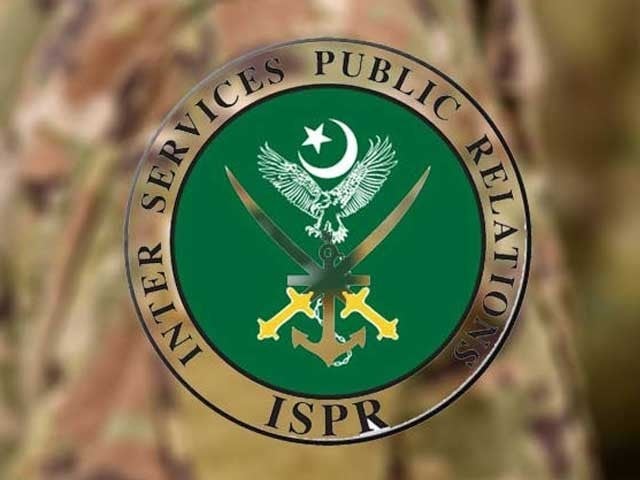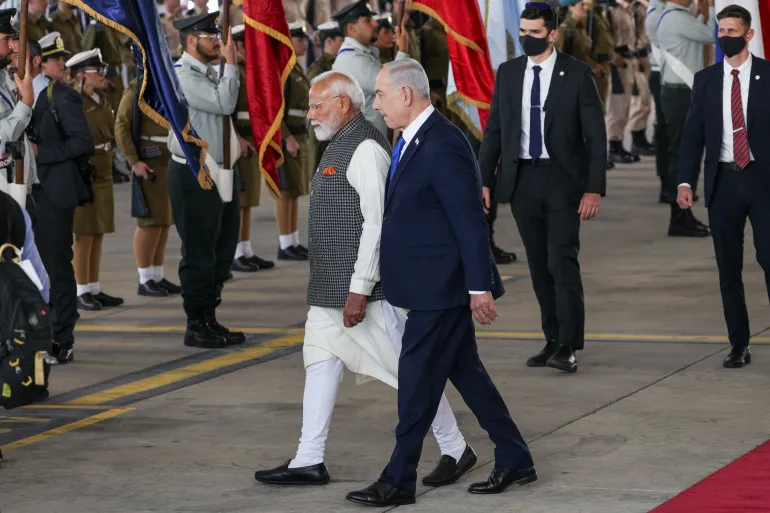Editorial
Tensions between Pakistan and India have again reached a dangerous pitch. The Inter-Services Public Relations (ISPR) has issued one of its sternest warnings yet, stating that any future Indian provocation would be met with a “swift, decisive, and destructive” response. The military’s statement followed inflammatory remarks by senior Indian political and military leaders who appeared eager to test Pakistan’s resolve.
ISPR reminded India that Pakistan would “shatter the myth of geographic immunity” and that any attempt to erase Pakistan from the map would lead to mutual destruction. Such rhetoric underscores Islamabad’s growing frustration with what it sees as India’s habitual warmongering and its attempt to shift domestic political failures onto external enemies.
Follow Republic Policy on YouTube
The Indian defence and military chiefs, meanwhile, continue to issue threats and exaggerated claims of aerial victories, ignoring the lessons of past confrontations. The memory of downed Indian jets and captured pilots should serve as a reminder of how reckless escalation can backfire.
The Sindh Chief Minister’s condemnation of Indian firing on Tharparkar villages highlights another tragic reality: even peace-time provocations by India often target civilians and border communities.
Follow Republic Policy on Facebook
India’s political elite appears trapped in a spiral of hyper-nationalism. Pakistan, on the other hand, is signaling strategic restraint coupled with credible deterrence. The message is clear — peace in South Asia demands responsibility, not arrogance. The world must take note before another miscalculation turns the subcontinent into a nuclear flashpoint.
















